Cameroon
In a continent where the median age is under 20 (world barometer), two leaders in their 80s and 90s, Alassane Ouattara of Ivory Coast and Paul Biya of Cameroon have just extended their presidential mandate following their electoral victories in October this year.
Their victories have reignited a conversation many Africans feel keenly: the generational gap between aging leadership and a population that is overwhelmingly young.
Biya, 92, won Cameroon’s presidential election with 53.66% of the vote, securing an eighth term in office, according to the constitutional council. His main rival, Issa Tchiroma Bakary, claimed he had actually won, alleging fraud and reporting 54.8% support from partial voter data. The disputed results have triggered protests across Cameroon, with clashes in cities like Douala and Garoua.
In Ivory Coast, Ouattara, 83, was re-elected with 89.77% of the vote. Major opposition figures, including former President Laurent Gbagbo, were barred from contesting, raising questions about the competitiveness of the election.
Turnout was low, and critics called the process a “political heist,” reflecting frustrations among younger Ivorians who see their voices largely excluded from the political conversation.
How the numbers tell the story
Here’s where the generational tension becomes comes to play. Cameroon’s median population age is just 18, while Ivory Coast’s is 19, according to a research by world barometer. Meanwhile, both presidents are in their 80s and 90s and have been in power for decades, Biya since 1982, Ouattara since 2011.
READ ALSO: Ivory Coast elections: Ouattara’s final rule or forever rule?
This generational gap fuels youth frustration online and on the streets: the leaders who make decisions for their countries are often more than four decades older than the majority of citizens.
Voices of the Youth
Social media has become a key platform for young Africans to express discontent. On Twitter and TikTok, hashtags like #YouthVsOldGuard have trended in both countries. Students, early-career professionals, and members of the diaspora have shared memes, videos, and commentaries lamenting the disconnect between leadership and the priorities of the young population.
In Cameroon, university students staged small protests in Yaoundé and Douala, calling for fair elections and generational change. These movements are mostly digital-first, but they reflect a broader sentiment: young Africans want leaders who reflect their demographics and understand their challenges.
Youth reaction on X
@nanotshi - "Congratulations to the Cameroonians for entrusting their future and the future of their children to someone who will not be part of the future of Cameroon."
@OpinionOrb - "An eighth term at 92. This brings up a big question: should there be mandatory age limits or term limits for world leaders? What do you think?"
@dramadelinquent - "Africa and their love of old Presidents"
@lweiiiii - "92-year-old Paul Biya re-elected for an eighth term? Who in their right mind votes for that? Something’s seriously wrong in Cameroon."
Not just an African issue
This story appears to be more common in Africa due to its youthful populations, but aging leadership is a global phenomenon. China’s Xi Jinping and Russia’s Vladimir Putin, both in their 70s, have retained power for long.
Even in very established democracies, questions of age and capability, such as around U.S. President Joe Biden, are part of public discourse which sometimes influence votes
However, Africa’s case is extreme because the age gap is coupled with electoral systems where opposition is limited, making generational change politically challenging.
Why Old Presidents Still Win
Several factors help explain why leaders like Biya and Ouattara remain in power:
Both presidents’ parties have strong influence over electoral commissions, security forces, and state media. Aside this, Legal frameworks, Constitutional changes and legal interpretations have allowed both to extend terms beyond what was previously possible.
Supporters of both presidents have argue that continuity provides stability, particularly in countries with histories of civil unrest.
Disqualification of major rivals and weak political alternatives create a lopsided electoral landscape.
This combination of political machinery, legal adjustments, and controlled opposition helps leaders navigate electoral challenges successfully, even as youth populations grow frustrated.
Looking Forward
As Africa’s median age stays below 20, the tension between old leadership and young populations is unlikely to disappear.
The debate over leadership renewal, succession planning, and generational representation is becoming central to the continent’s political future.
Biya and Ouattara are not just leaders, they are symbols of a system where political longevity and continuity are prioritized over generational change.
Whether young Africans will continue to push for reform, or adapt to the status quo, will shape the next decade of politics on the continent.



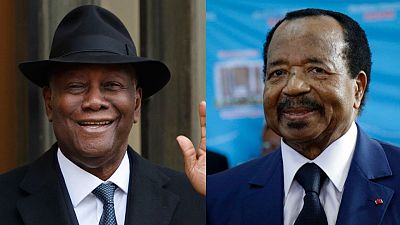

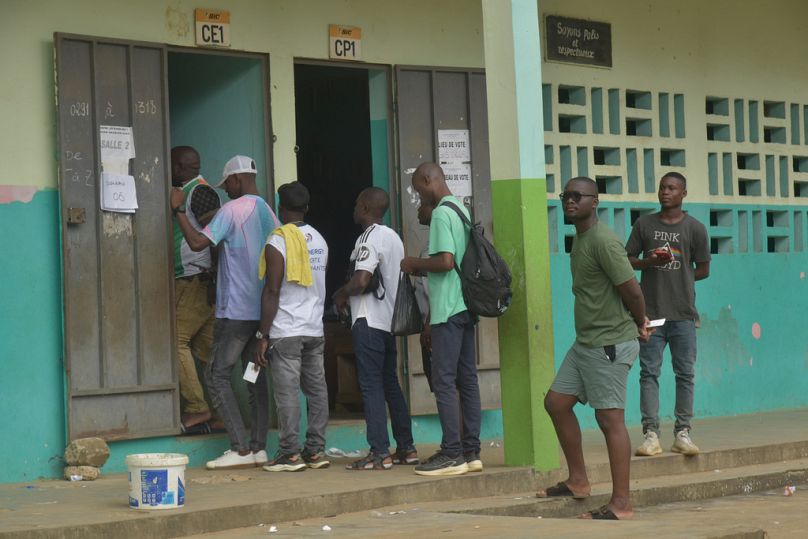
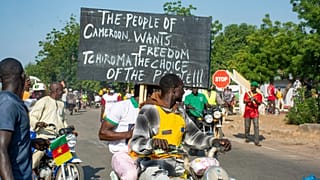
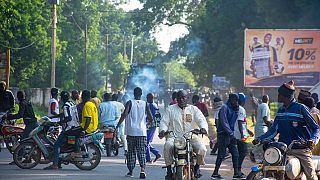
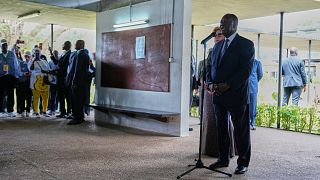
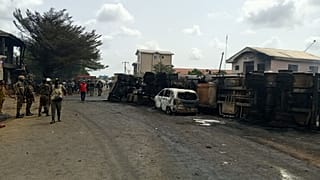

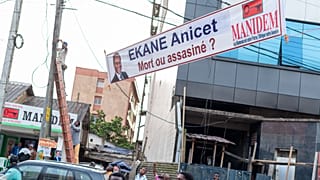
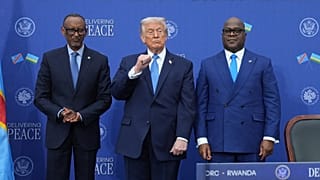

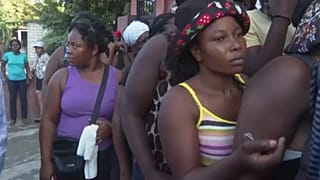
Go to video
Ghanaian influencer accused romance scam targeting elderly Americans
Go to video
Six African women break barriers in Forbes 2025 power list
Go to video
US to deport 15 Kenyans convicted of crimes
01:00
Pix of the Day: December 11, 2025
Go to video
Kenyan court halts rollout of $1.6bn health deal with the United States
Go to video
Interpol seizes 30,000 live animals in global wildlife crime crackdown